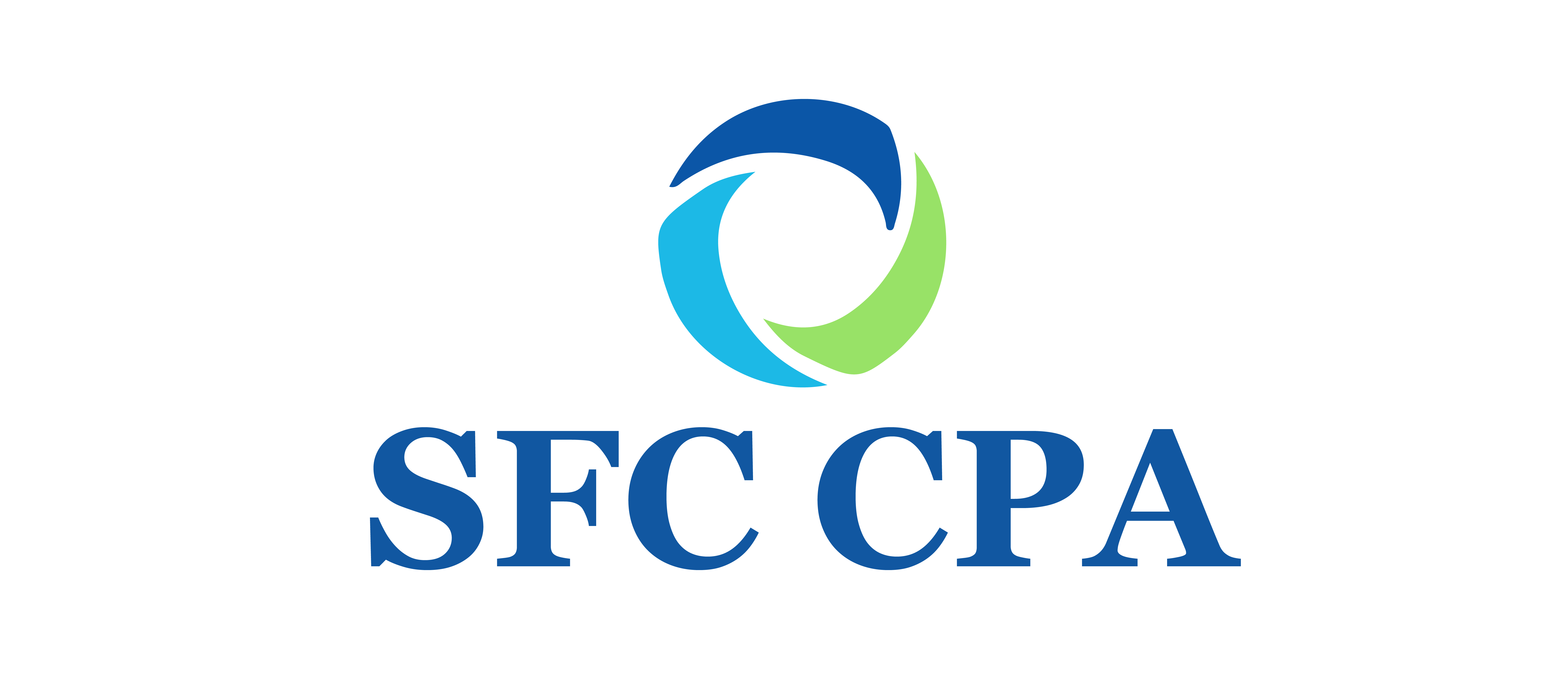Retention Guide: Tax & Financial Records in Charlotte, NC

Keeping tax documents and records can help you avoid headaches in the long run. As a general rule, the IRS recommends keeping records that support any item of income, deduction, or credit until the period of limitations for that year’s tax return runs out. The period of limitations is the period of time in which you can amend your tax return to claim a credit or refund or in which the IRS can assess additional tax.
Retention requirements can vary, and an SFC CPA advisor can provide guidance on specific business or individual situations. The most common documents and their typical retention periods include:
Business Documents to Keep for One Year
- Correspondence with Customers and Vendors
- Duplicate Deposit Slips
- Purchase Orders (other than Purchasing Department copy)
- Receiving Sheets
- Requisitions
- Stenographer’s Notebooks
- Stockroom Withdrawal Forms
- Deposit Slips
Internal Reports
- Petty Cash Vouchers
- Physical Inventory Tags
- Savings Bond Registration Records of Employees
- Time Cards For Hourly Employees
- Monthly Trial Balances
- General Correspondence with Customers or Vendors
- Purchase Orders (except copy kept by Purchasing Department)
- Receiving Sheets
- Requisitions
- Savings Bond Registration Records of Employees
Business Documents to Keep for Three Years
- Employee Personnel Records (after termination)
- Employment Applications
- Expired Insurance Policies
- General Correspondence
- Internal Audit Reports
Personal Documents to Keep for One Year
- Bank Statements
- Paycheck Stubs (reconcile with W-2)
- Canceled checks
- Monthly and quarterly mutual fund and retirement contribution statements (reconcile with year end statement)
Business Documents to Keep for Seven Years
- Accident Reports and Claims from Settled Cases
- Accounts Payable Ledgers and Schedules
- Accounts Receivable Ledgers and Schedules
- Bank Reconciliations
- Bank Statements
- Cancelled Checks (but indefinitely retain Cancelled Checks for major transactions)
- Contracts and Leases (expired)
- Employee Personnel Records (after termination)
- Expenses Analyses and Expense Distribution Schedules
- Inventories of Products, Materials, and Supplies
- Invoices to Customers
- Invoices from Vendors
- Notes Receivable Ledgers and Schedules
- Option Records (expired)
- Payroll Records and Summaries, including Payments to Pensioners
- Physical Inventory Tags
- Plant Cost Ledgers
- Purchase Orders
- Sales Records
- Scrap and Salvage Records (inventories, sales, etc.)
- Subsidiary Ledgers
- Time Books
- Voucher Register and Schedules
- Vouchers for Payments to Vendors or Employees
- W-2 Forms
Business Documents to Keep Forever
- Audit Reports from CPAs/Accountants
- Cancelled Checks for Important Payments (especially tax payments)
- Cash Books, Charts of Accounts
- Contracts, Leases Currently in Effect
- Corporate Documents (incorporation, charter, by-laws, etc.)
- Documents substantiating fixed asset additions
- Deeds
- Depreciation Schedules
- Financial Statements (Year End)
- General and Private Ledgers, Year End Trial Balances
- Insurance Records, Current Accident Reports, Claims, Policies
- Investment Trade Confirmations
- IRS Revenue Agents’ Reports
- Journals
- Legal Records, Correspondence and Other Important Matters
- Minute Books of Directors and Stockholders
- Mortgages, Bills of Sale
- Property Appraisals by Outside Appraisers
- Property Records
- Retirement and Pension Records
- Tax Returns and Worksheets
- Trademark and Patent Registrations
- Capital Stock and Bond Records (ledgers, transfer registers, record of interest, options, etc.)
- Active Contracts and Leases
- Correspondence for Legal and Major Financial Matters
- General and Private Ledgers (including end-of-year trial balances)
- Minute Books for Directors and Stockholders, including by-laws and charters
- Property Appraisals
- Property Records
- Stock and Bond Certificates (cancelled)
- Tax Returns, Worksheets, Revenue Reports, and any documents that can be used to determine tax liability
Personal Documents to Keep for Three Years
- Credit Card Statements
- Medical Bills (in case of insurance disputes)
- Utility Records
- Expired Insurance Policies
Personal Documents to Keep for Six Years
- Supporting Documents For Tax Returns
- Accident Reports and Claims
- Medical Bills (if tax-related)
- Property Records / Improvement Receipts
- Sales Receipts
- Wage Garnishments
- Other Tax-Related Bills
Personal Documents to Keep Forever
- CPA Audit Reports
- Legal Records
- Important Correspondence
- Income Tax Returns
- Income Tax Payment Checks
- Investment Trade Confirmations
- Retirement and Pension Records
Special Circumstances
- Car Records (keep until the car is sold)
- Credit Card Receipts (keep with your credit card statement)
- Insurance Policies (keep for the life of the policy)
- Mortgages / Deeds / Leases (keep 6 years beyond the agreement)
- Pay Stubs (keep until reconciled with your W-2)
- Property Records / improvement receipts (keep until property sold)
- Sales Receipts (keep for life of the warranty)
- Stock and Bond Records (keep for 6 years beyond selling)
- Warranties and Instructions (keep for the life of the product)
- Other Bills (keep until payment is verified on the next bill)
- Depreciation Schedules and Other Capital Asset Records (keep for 3 years after the tax life of the asset)
